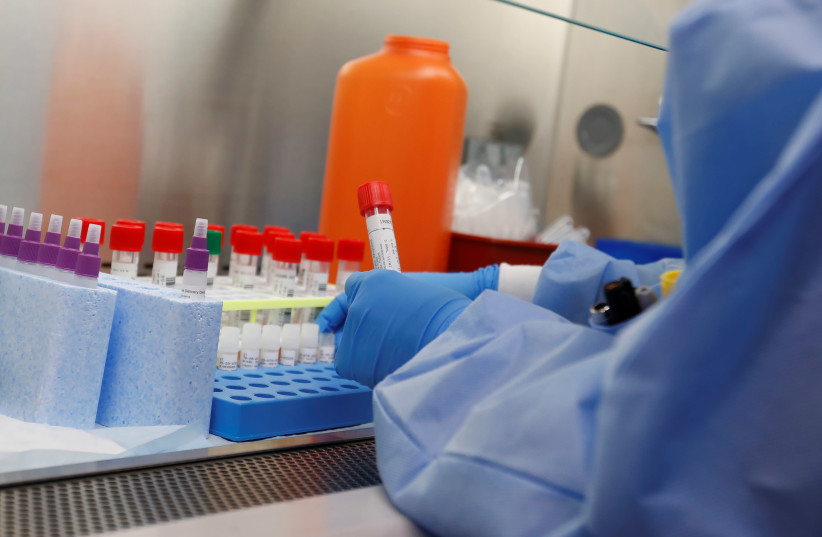Top scientists from leading academic centers are banding together to answer a key question about the root cause of long COVID - whether fragments of the coronavirus persist in the tissues of some individuals.
The effort, known as the Long Covid Research Initiative, aims to streamline research and quickly pivot to clinical trials of potential treatments. By sharing diverse skill sets and resources, the group hopes to uncover the scientific underpinnings of the disease and use that to design evidence-based trials.
Long COVID is a complex, poorly understood, disabling condition that can last for many months after an initial COVID infection, leaving many of its sufferers unable to work. It affects nearly one in five American adults who have had COVID, according to the US Centers for Disease Control and Prevention.
The initiative is backed by an initial $15 million from Balvi, a scientific investment fund formed by Vitalik Buterin, co-founder of the blockchain platform Ethereum.
It includes scientists from Harvard University, Stanford University, the University of California, San Francisco, Yale University and the J. Craig Venter Institute.

What do we need to understand about long COVID?
"The first thing you need to understand in long COVID is if patients still have the virus in them or not," said Dr. Amy Proal of the nonprofit PolyBio Research Foundation, an expert in infection-associated chronic disease who will serve as chief scientific officer of the initiative.
Currently, there are no proven treatments for long COVID, which affects more than 150 million people globally.
"The first thing you need to understand in long COVID is if patients still have the virus in them or not."
Dr. Amy Proal, PolyBio Research Foundation
A growing body of evidence points to the presence of viruses in tissues that continue to provoke a response from the immune system, she said.
That may help explain the cascade of some 200 symptoms associated with long COVID, including pain, fever, headaches, cognitive impairment, shortness of breath and exhaustion after minimal amounts of activity.
Researchers will use advanced imaging and gene-sequencing techniques looking for evidence of the virus in tissues and analyzing its effects on the immune system.
If viral persistence is proven to cause long COVID, the research initiative aims to test antiviral treatments, such as Pfizer Inc's PFE.N Paxlovid as well as other types of drugs that modulate the immune system.
"Antivirals are our top clinical trials target," Proal said, adding the group would like to study Paxlovid. She could not say whether Pfizer is working with the group.
Some case studies have shown Paxlovid improved symptoms in a handful of long COVID patients. But large, well-designed trials are needed to prove the treatments help and identify which patients are most likely to benefit.
A Pfizer spokesman said the company is "actively exploring" potential collaborative studies, but would not elaborate.
The initiative was organized by a group of long COVID patients with backgrounds in finance, start-ups and technology, who are leading the fundraising efforts, such as the initial $15 million grant, as well as others yet to be disclosed, said Henry Scott-Green, one of the organizers.
The goal is to accelerate research by cutting across institutional silos and breaking down funding bottlenecks.
